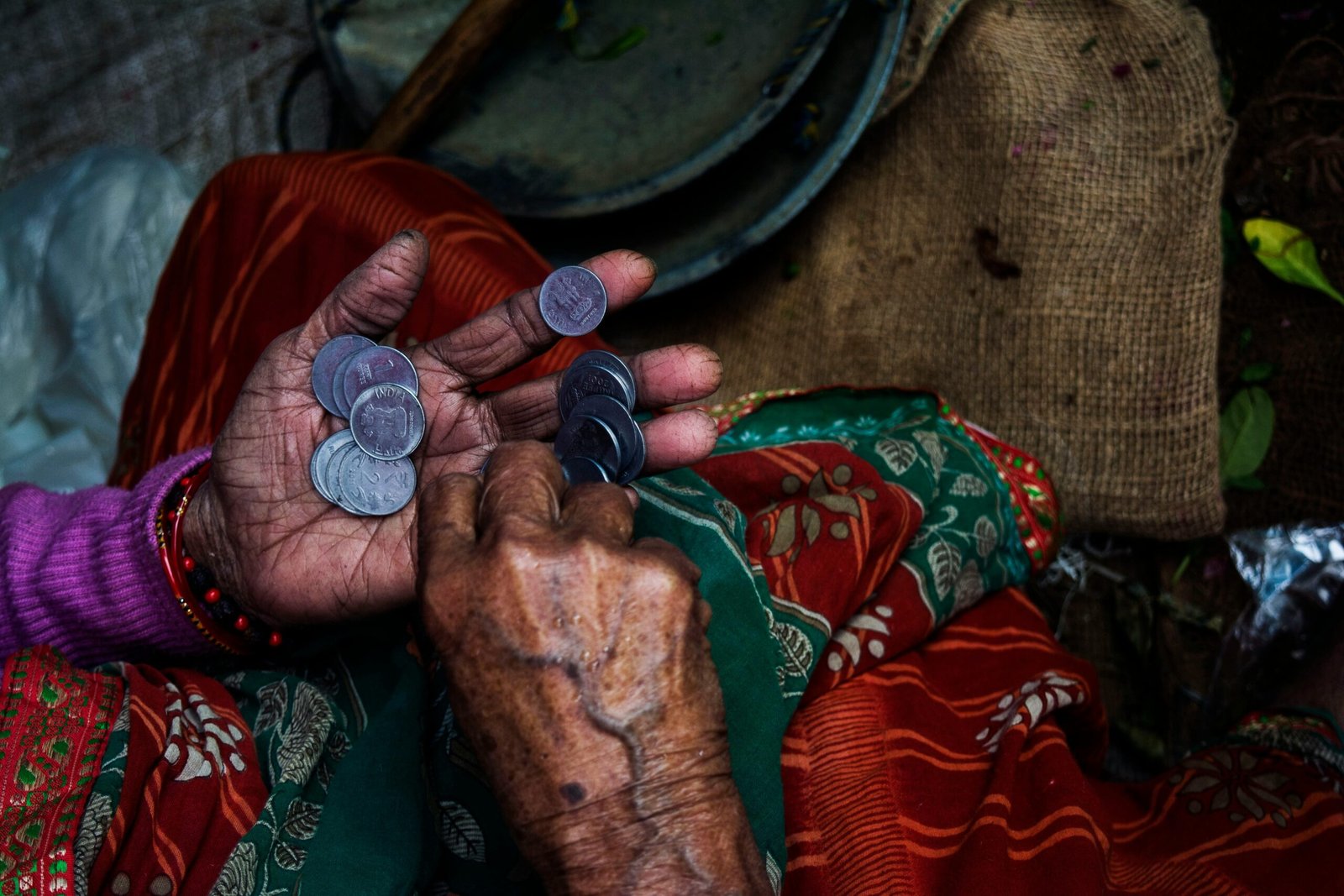Economic Justice
Despite the year-2000 Jubilee call for redistribution and inclusiveness.
Recent decades of global economic expansion have created a privileged group into extreme wealth with a concurrent entrapment of peoples and communities living in conditions of extreme poverty. Global political and economic systems and structures have largely disregarded the calls for the restoration of justice, reconciliation among all humanity, welcome of the stranger, or cancellation of debt burdens. Within the inextricable maze of poverty and of abundance of global resources, the gap between rich and poor continues to grow.
In responding to Economic Justice, it is critical to:
sustainable strategies
Develop sustainable strategies for economic development with local communities, ensuring that income generation is pragmatic and effective for women and families. This will include a diversity of models, responsive to local situations and will move women toward inclusion into mainstream economies.
Sustainable Development
Know the UN 2030 Agenda for Sustainable Development. Use SDG 1 and its targets (especially 1.3), the ILO Recommendation 202 on National Floors of Social Protection, and SDGs 8, 10, and 12 for all planning and education in communities and ministries.
empowerment models
Develop programing that uses human rights and empowerment models. Support literacy education, employment skills training, business & finance education for women, and labor rights for families.
unmask systemic Roots
Educate, in communities and programs, to unmask the systemic roots and discriminatory effects of extreme poverty; this will expose poverty as violence to the human spirit sustained by factors such as greed, inhumanity, and political corruption. Understanding how weak rule of law, inadequate government systems, unethical trade systems and corporate practices underpin and sustain poverty is essential for analysis, education and advocacy. Likewise, it is essential to recognize the abilities and contributions of those in extreme poverty (including migrants) toward human enrichment.
awareness of consumerism
Increase awareness of consumerism – individually, communally, and systemically. Link personal purchasing and communal investments with production, labor rights and environmental sustainability. Ensure awareness of the many poor practices of international production and global supply chains as well as support for principles of fair trade are
essential to environmental sustainability. Evaluate our own participation in and complicity with unjust structures.
Social Protection Floors
Create and/or participate in networks and campaigns that call for economic justice and social responsibility. Support responsible policies such as Social Protection Floors that define national sets of inclusive social security guarantees over the life cycle so that all have access to essential life security: food, water, sanitation, shelter, health, education, and social supports. This may require re-envisioning family bonds to extend beyond currently defined boundaries of kinship.
economic principles
Study and apply the economic principles of Pope Francis’ exhortation, Evangelii Gaudium and encyclical Laudato Si to all aspects of life and ministry.
Eliminate Descrimination
Use the provisions of Human Rights – the Universal Declaration of Human Rights (UDHR), the Convention on the Elimination of All Forms of Discrimination against Women (CEDAW), the Convention on the Elimination of All Forms of Racial Discrimination, and the Convention on the Rights of the Child (CRC) – to increase public awareness of injustice. Do advocacy and lobbying based on the UN Guiding Principles on Business and Human Rights that support fair trade, rights of laborers, migrants’ rights, sustainable environment, and gender justice. Include gender and economic analysis in all human rights reporting about the conditions of girls, women and families.

